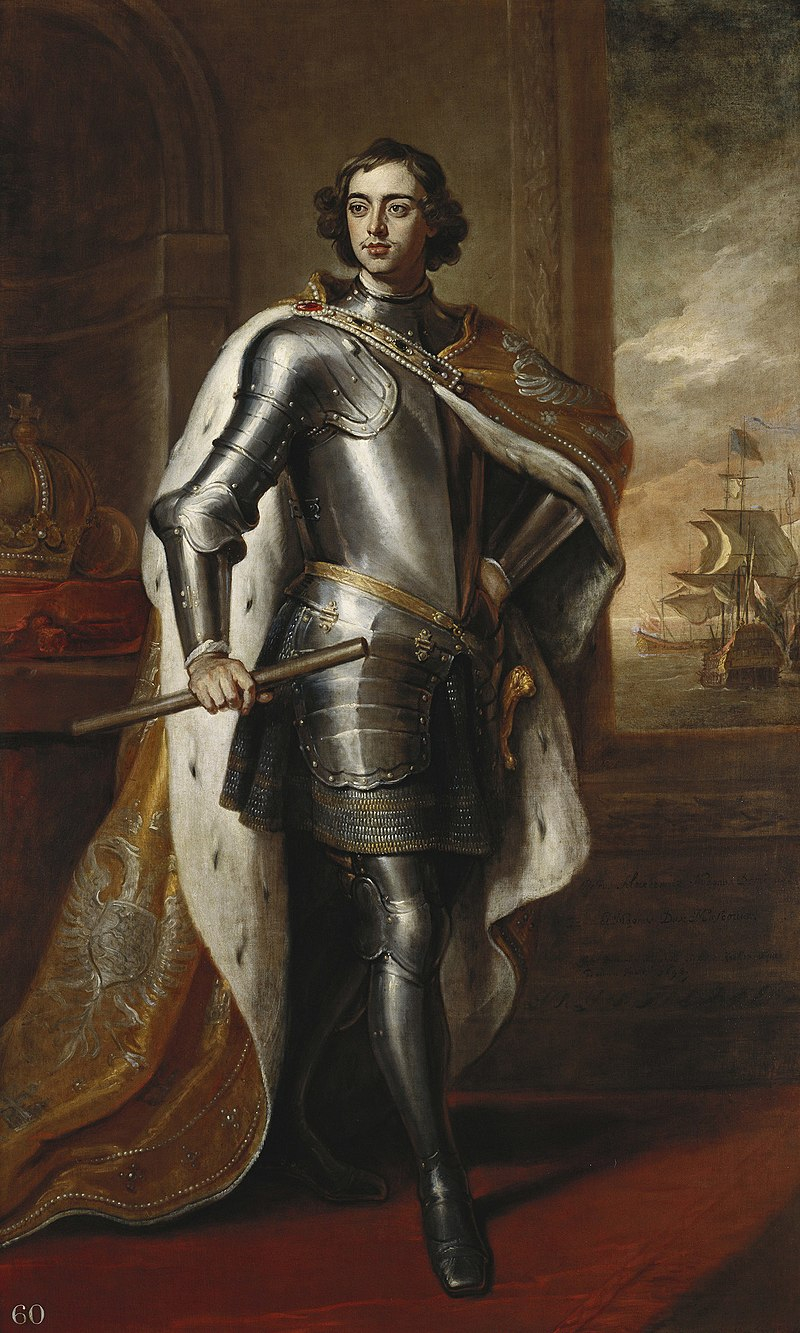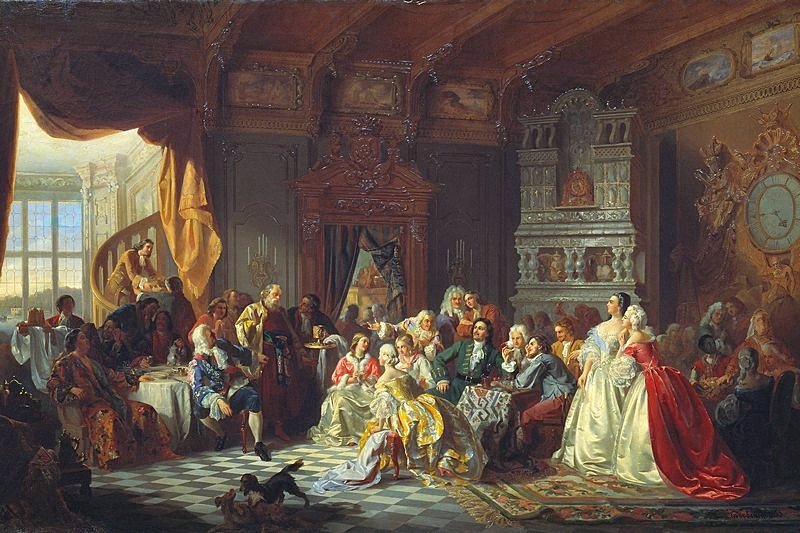Peter I created comprehensive legislation in all spheres of Russian life
In addition to his military talent and tactical mind, Peter is also a genius at law. Under his supervision, a new system of state and law was built in Russia. Government is now represented in the Colleges - the forerunners of Ministries; The dominant Senate serves as the highest judicial body (after the Emperor). The power of the Russian Orthodox church under Peter was subjugated to the state - the Pontifical Council of Governors established in 1721 acted as a 'lay' authority of the church, replacing it because it was run by the Patriarch, a position that Peter dismissed. Peter personally issued numerous ukases (orders) that often dictated the details of Russian everyday life - not just beards, but also dress style and public codes of conduct.
Peter ordered Russian women to stop painting their teeth black with soot, taught people to bury garbage in specially organized places, ordered them to use scythes instead of sickles when harvesting, and so on. Peter looks at the fabric of life - and modifies it according to his ideas. His reforms effectively shaped Russia and remained largely in effect until 1917. Peter also introduced critical social reform. He sought to end arranged marriages, which were the norm among the Russian nobility, seeing the practice as barbaric and leading to domestic violence. In 1699, he changed the date of the celebration of the new year from September 1 to January 1. Traditionally, the years were reckoned from the purported creation of the world, but after Peter’s reforms, they were to be counted from the birth of Christ. Thus, in the year 7207 of the old Russian calendar, Peter proclaimed that the Julian Calendar was in effect and the year 1700.
Peter's reforms set him apart from the tsars that preceded him. In Muscovite Russia, state functions were mostly limited to military defense, tax collection, and the enforcement of class divisions. In contrast, the law under Peter's rule covers every aspect of life in Russia in full detail and it significantly affects the daily life of almost every Russian citizen. The success of the reform contributed a lot to Russia's military success as well as an increase in revenue and productivity. More importantly, Peter created a state that legitimized and strengthened the dictatorship in Russia. Proof of this lasting influence is the many public organizations in the Soviet Union and the Russian Federation, which have their roots in Peter's rule.










